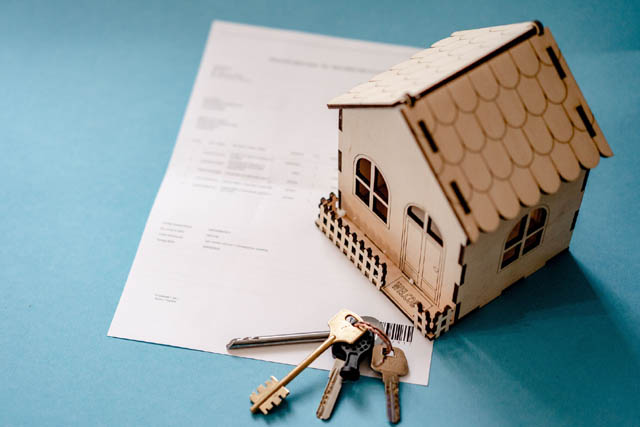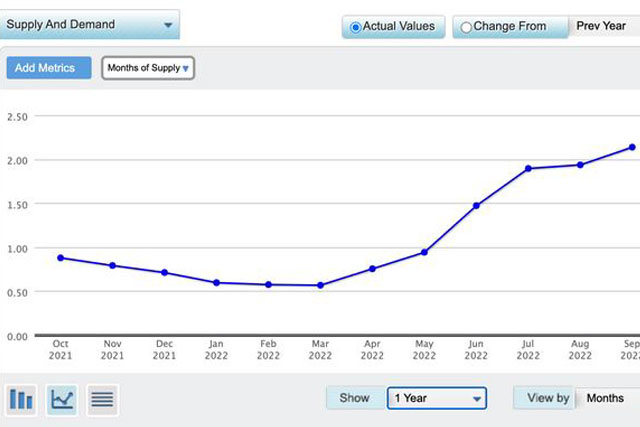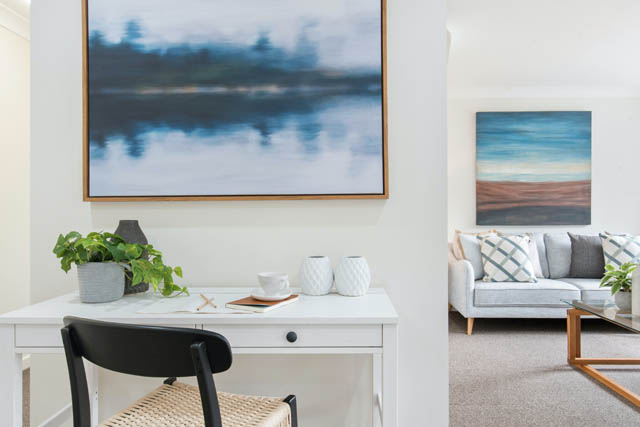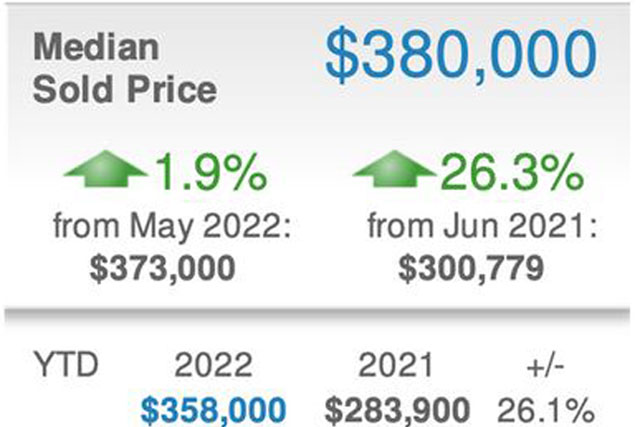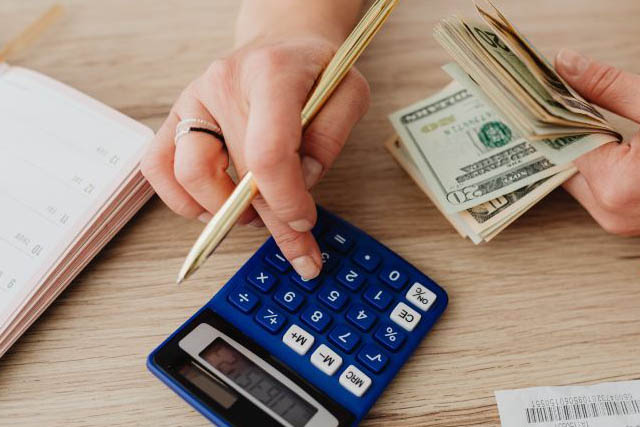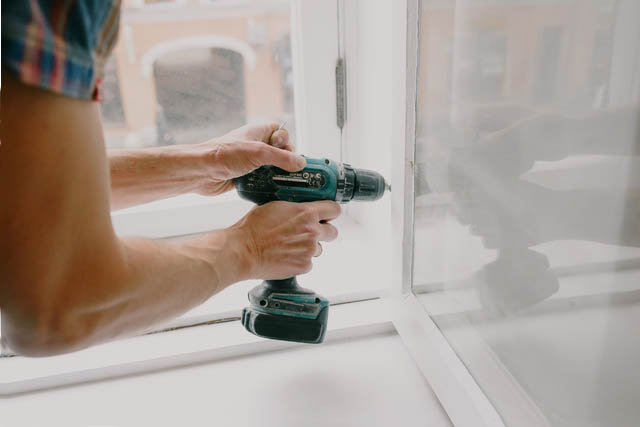Strategy #1: House Hacking
When I bought my first home, I did not purchase it with any strategy; I was just tired of renting! It wasn’t until about four years into homeownership that I began to explore the possibility of real estate investing.
Real estate investing doesn’t have to be complicated. My first investment was the home I lived in. I converted an unused portion of my home into a small apartment to rent out as a short-term rental. Once I understood the nuances and the demand for short-term rentals in the area through experience and research, I more than doubled my short-term rental income in less than two years. This extra income allowed me additional cash flow each month, eventually allowing for enough additional income to purchase an investment property, which added two more units to my real estate portfolio.

I later learned of the term “house hacking” which is a real estate investing strategy of renting out portions of your primary residences to generate extra income. This income is often used to offset the cost of home expenses typically associated with owning a home, such as a mortgage and utility bills. If done right, it allows people to live in a home with little monthly expenses or even bill-free!
So, what are different ways to convert your current residence into an investment property or “house hack”? You can utilize short-term rental platforms such as Airbnb and VRBO, rent out a room long-term, or purchase a property with 2-4 units as your primary residence, living in one unit while renting out the rest.
Strategy #2: Make it a Rental
Another strategy to consider is making the entire home a rental property. You can buy your next home without selling your current residence (if it makes sense!). Are rental prices in the area above the monthly expenses for the property?
This will allow for extra cash flow for you, but you can also qualify for bigger loans by offsetting your debt-to-income ratio with a lease agreement to cover the mortgage of the current residence.
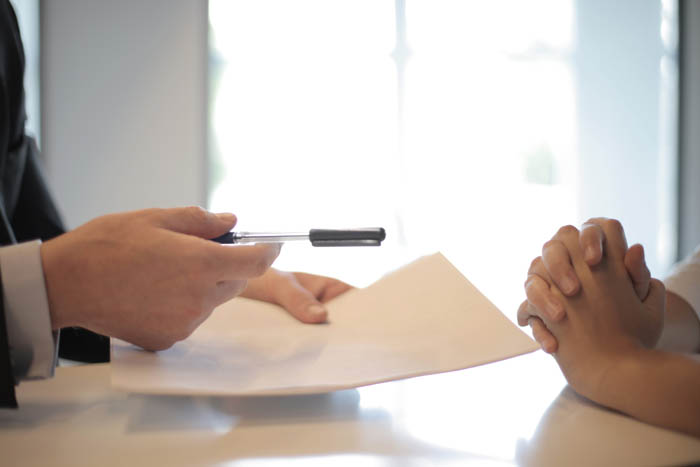
Before pursuing this strategy, you’ll want to assess the risks and costs associated. You will have two (or more) mortgage payments, utility bills, insurance, taxes, etc. You’ll also want to have a reserves fund for unexpected events such as leaks, broken appliances, and vacancies. Additionally, there are certain tax implications to consider, for example, if you eventually want to sell the rental property. However, with the right planning and budgeting, this is an excellent strategy for converting your current residence into a rental property.
Final Thoughts
I found the house hacking strategy to be an excellent way to get my “feet wet” with real estate investing. It helped lower my monthly home expenses and eventually generated positive income. When I was ready to “upgrade,” I decided to convert the home into a rental property.
While becoming a landlord was a little intimidating and overwhelming at times, it has been a great way to generate passive and positive income. If you are thinking of converting your primary residence into an investment property, I hope this article serves as your beginner’s guide. Remember, be patient, do research, and network with real estate professionals/investors to help you gain the confidence to jump into real estate investing!
Jennie Jester

